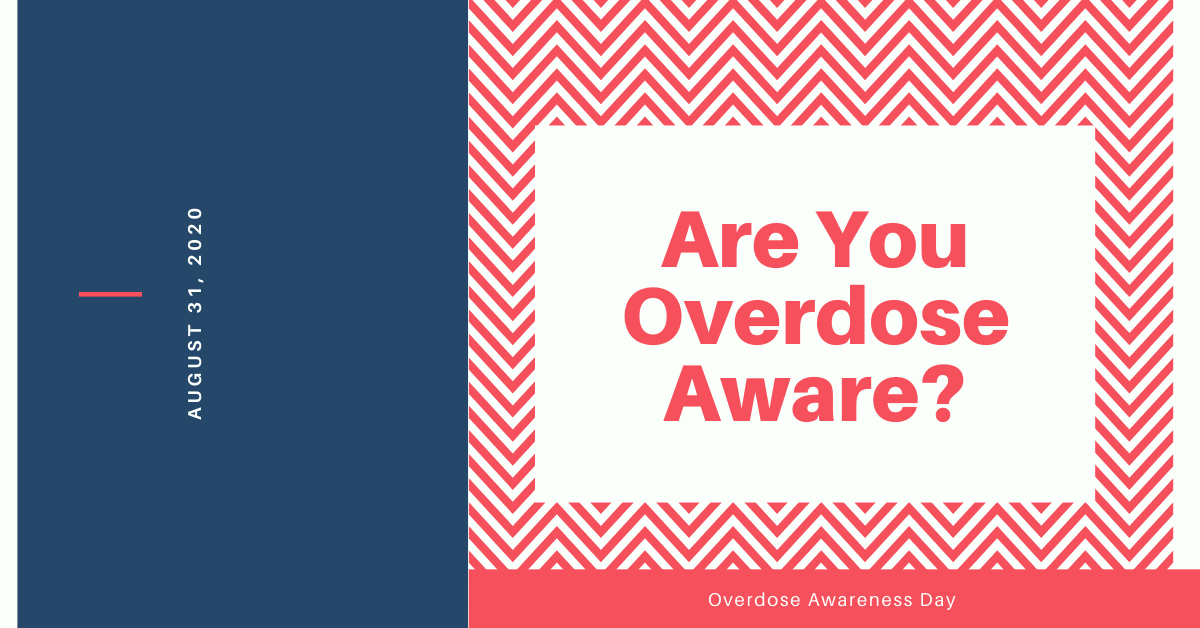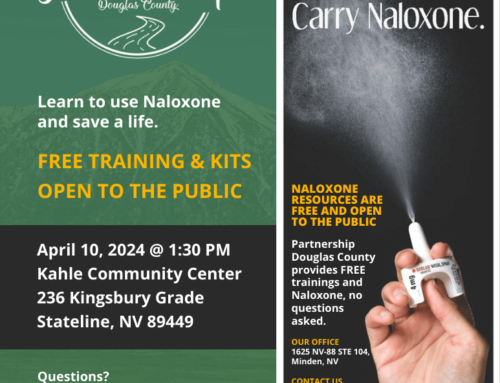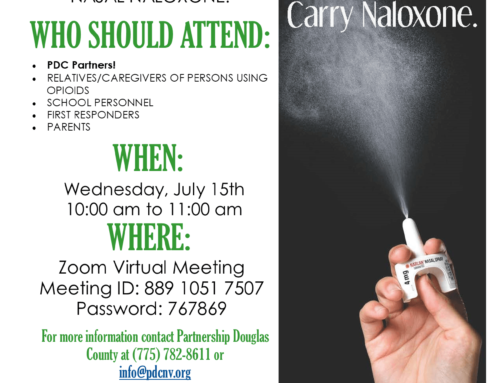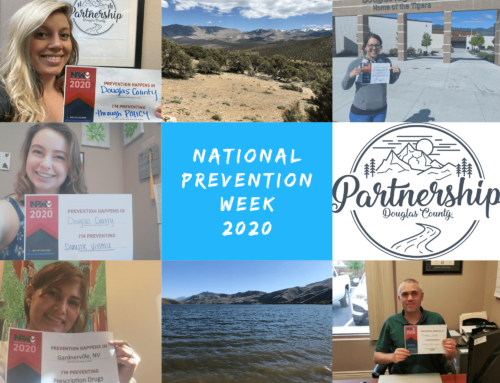August 31st is Overdose Awareness Day, a global event aimed to raise awareness of overdose and reduce the stigma of drug-related death. It also acknowledges the grief felt by families and friends remembering those who died or had a permanent injury as a result of a drug overdose.
What is an Overdose?
An overdose means having more of a drug (or combination of drugs) than your body can handle. There are several signs that show someone has overdosed, and they differ with the type of drug used. If you take medication, it is vital to know what drugs should not be mixed and how to seek help if you feel you are not in control of your drug use.
Depressants and Opioids
A depressant is a drug that slows the basic activities of the body including breathing and heart rate. Opioids (such as hydrocodone, codeine, and heroin) slow the central nervous system to produce a calming effect. These substances are usually prescribed to relieve pain. However, when taken in excessive amounts or in combination, they can depress normal functions such as breathing and heart rate. Sometimes the breathing and heart rates are lowered so much, the lungs and heart stop, resulting in death.
Download the Opioid Fact Sheet for more information.
Download the Depressant Fact Sheet for more information.
Alcohol
Most people don’t think of alcohol when they think of an overdose situation, but alcohol is a depressant and it is possible to become poisoned from it.
If you drink a large amount of alcohol quickly, the level of alcohol in your blood can become dangerously high. This can stop your body from working properly. In extreme cases, alcohol poisoning could stop your breathing, heart, or cause you to choke on your own vomit.
Download the Alcohol Fact Sheet for more information.
Stimulants
It is possible to overdose on amphetamines such as speed and ice. Amphetamine overdose increases the risk of heart attack, stroke, seizure, or drug-induced psychotic episodes.
Download the Stimulants Fact Sheet for more information.
First Aid for Drug Overdose
A range of symptoms can occur when a person overdoses and everyone responds differently. How a person reacts depends on many factors including which drug or drugs were taken, how much was taken, and the state of the person’s health at the time.
If you can’t get a response from someone DO NOT assume they are asleep. Sometimes it can take hours for someone who has overdosed to die. An overdose is a medical emergency that requires immediate medical attention. Always call an ambulance if you suspect someone has overdosed.
Don’t Ignore Snoring and Gurgling
Snoring and gurling could mean a person is having trouble breathing and may indicate a life-threatening blockage of the airway.
When it comes to substance use, snoring is not something that should be seen as normal. Don’t let someone “sleep it off”. You should attempt to wake them immediately.
If they do not wake up, call 911 and ask for an ambulance. Follow the instructions from the operator.
When to Call an Ambulance
You should always call an ambulance if you suspect someone has overdosed. In Nevada, the Good Samaritan Drug Overdose Act of 2015 (Senate Bill 459, Chapter 26, Statutes of Nevada 2015 NRS 453C.120) created various provisions addressing the opiate overdose epidemic that continues to claim over 300 lives per year in Nevada. The law prevents punitive actions against health professionals and any person who administers naloxone or calls 911 to assist someone who may be overdosing on opiates. It also provides immunity to persons seeking medical treatment for an opioid overdose for themselves or someone else.
Naloxone
Naloxone is a drug that quickly reverses the effects of an opioid overdose if administered quickly and has saved thousands of lives nationwide including three in Douglas County during May 2020.
Partnership Douglas County hosts FREE Community Naloxone Trainings several times a year and has trained dozens of community members in using naloxone. Each person who attends a naloxone training is given two doses of nasal naloxone that can be used whenever an overdose is suspected.
To schedule a naloxone training or to learn more about Partnership Douglas County’s efforts in preventing opioid deaths, visit www.pdcnv.org or call (775) 782-8611.
